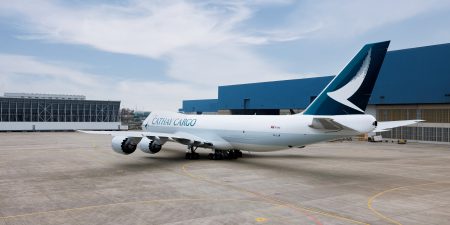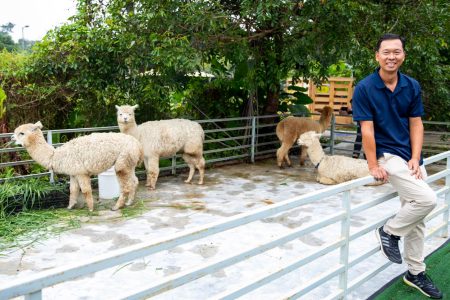The farm of origin for the four alpacas was near Albany in Western Australia, on the opposite side of the country from the first isolation property. All states in Australia have a different disease status for Johnes disease, a viral disease that affects cattle, sheep and alpacas. Western Australia is the only state to have ‘Free’ status. Although individual animals may not have the disease, the threat of Johnes can impact their export – an issue that Wildflower addressed through quarantine protocols.
‘There was a 30-day quarantine process agreed with the Department of Agriculture in Western Australia,’ explains Steve. ‘We set up the quarantine facility on the farm and added a few more animals into the programme just in case any of them had results that would prevent them from being exported.’
Wildflower’s quarantine facilities are based in Victoria and South West Australia. ‘They’re isolated on properties of experienced breeders, but under our guidance and export licence,’ Steve says. ‘All we need is a mobile phone and a laptop, and we could be anywhere in the world and continue our business. We will go down to the farm and make sure the animals are doing okay in quarantine.’
Steve also supervises the transport of animals and loads them on to the aircraft. For the alpacas going to Hong Kong, he used a specially built crate with separate pens for the male and female animals, as per IATA requirements. ‘The number of animals that we export fluctuates, but we’ll handle a minimum of a few hundred each year,’ he says.






